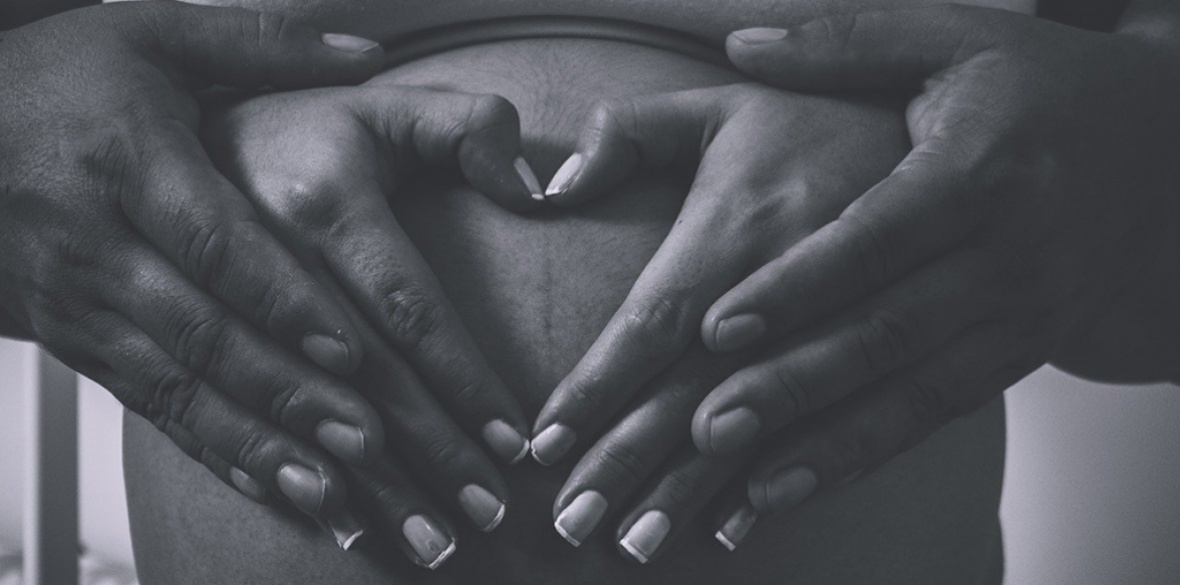This is the last article you can read this month
You can read more article this month
You can read more articles this month
Sorry your limit is up for this month
Reset on:
Please help support the Morning Star by subscribing here
MORE needs to be done to find out why black women are five times more likely to die during pregnancy or childbirth, a panel of MPs heard today.
Labour’s Harriet Harman, chairwoman of the joint human rights committee, noted that seven in 100,000 pregnant or new mums who are white die every year, while the figure is 38 in 100,000 for black women – more than five times higher.
Professor Jacqueline Dunkley-Bent, chief midwifery officer of NHS England and NHS Improvement, confirmed that, although general mortality rates of pregnant women are falling, there is an inequality for BAME and socio-economically disadvantaged women.
SNP MP Joanna Cherry called the figures “shocking” and asked Prof Dunkley-Bent whether more could be done to prevent the deaths and tackle the disparity.
She replied: “We have come a long way, but we have much to do. We have to learn from the women going through these challenges.
“What we have done has been done well, but we need to do more further and faster.”
Prof Dunkley-Bent argued that the problem is “multifactorial,” with variables including women’s own health, cultural issues, accessibility of community-based care and “stereotyping” of BAME women, as well as challenges in communicating with women in a way that they can relate to.
Labour peer Lord Dubs asked whether the NHS has enough data to give it a complete view of the health outcome disparity.
The chief midwifery officer replied: “I am still not confident we know the answer as to why there is inequality in health outcome between black and white women.
“The evidence is compelling in terms of co-morbidities, but there is something more.”
She said she is “looking forward” to further research on the issue commissioned by the Department of Health and the results of a localised inquiry into health outcomes among BAME groups in south London.
Prof Dunkley-Bent also said that the NHS has a “policy ambition” for at least 75 per cent of women from BAME backgrounds to be given the same midwife for antenatal and post-natal care, as this has led to reductions in premature births and miscarriages.
“A woman is more likely to listen to a person she knows and trusts,” she added.
Royal College of Midwives chief executive Gill Walton said it is “imperative” that the safety of black women using maternity services is urgently improved.
“The Covid-19 pandemic has shone an uncomfortable and distressing light on the inequality in our health service, not only on black and Asian pregnant women, but on staff too. We need to see urgent action to address the discrimination against our black, Asian and minority ethnic NHS staff,” she added.











